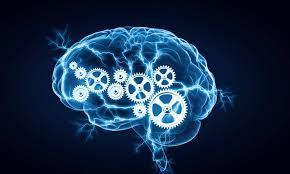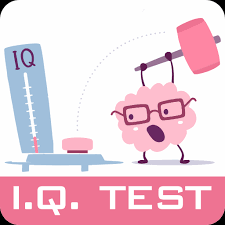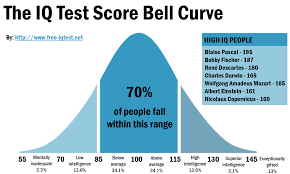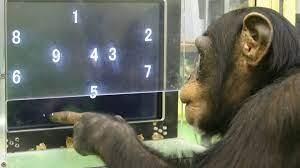I was gifted with a 2022 book, Talent, by Tyler Cowen and Daniel Gross. Cowen is known as a Big Thinker. I hoped it might be a Malcolm Gladwell type book (in fact, his blurb is on the cover). But it’s really about corporate recruiters spotting talent (not my thing). Nevertheless, since someone did choose it as a gift, I thumbed through it looking for interesting nuggets.

One chapter caught my eye, titled “What is Intelligence Good For?” It cites data indicating that, in general, there’s only a surprisingly weak correlation between intelligence and performance and individual success. Other factors count for more. Among doctors and lawyers, for example, what matters far more is how educated your parents were. With less educated parents you’re unlikely to enter those professions at all, no matter how smart you are.
The foregoing applies to the population as a whole. However, looking at the very top of the distribution, the highest achievers, IQ suddenly takes on a much bigger explanatory role. The book cites one study indicating that among the top 0.5 percent, a single additional IQ point correlates with earnings about 5% higher.

Take me. I gauge my own IQ (forgive the immodesty) at perhaps the 98th or maybe 99th percentile — but no higher. I’ve been very successful in life — but never a star. And I do sense that was due to gradations within that very rarefied IQ level. I can see the difference in people just a bit smarter. If only I’d had that one more IQ point! Well, I’d probably be miserable today. (My wife is smarter than me. And it shows.)
But the authors do posit that even at the distribution’s very top, IQ alone is not enough. This isn’t contradictory. IQ is necessary but not sufficient. You can’t be among the highest achievers without other attributes — like social skills (also an explanatory factor in my own case), what’s been called emotional intelligence, hard work, and just being in the right place at the right time.
A very different book I read just after this had a chapter looking at all U.S. presidents and finding no correlation between their intelligence and their performance or success. Other factors weighed more heavily. Oliver Wendell Holmes famously pronounced that Franklin Roosevelt had a second rate intellect, but a first rate temperament.

I’ve often thought this kind of analysis pertains not just to individuals, but the achievements of our whole species. Intelligence falls along a bell-shaped curve, with the great mass of people in the central bulge, the outliers at the vanishingly thin edge. And it’s those people in that tippy-top of the distribution who, I suspect, have propelled most or all of our progress. But for them, we’d still be living in caves, wearing animal skins.
If you plot the intelligence bell curve for chimpanzees (our closest kin), it overlaps ours pretty closely. We’re actually, on average, only slightly smarter.

But their curve terminates before reaching the thin right hand edge that ours does. The smartest chimps don’t match the smartest humans. That’s why chimps never invented the internet. Or even the wheel.
Meantime we’ve also invented AI. Its bell curve will soon fall way to the right. Some fear this will mean human intelligence won’t count for anything any more. But humans have always leveraged our capabilities basically by making tools. And AI may prove a great tool for such bootstrapping. We’ll see what happens.
